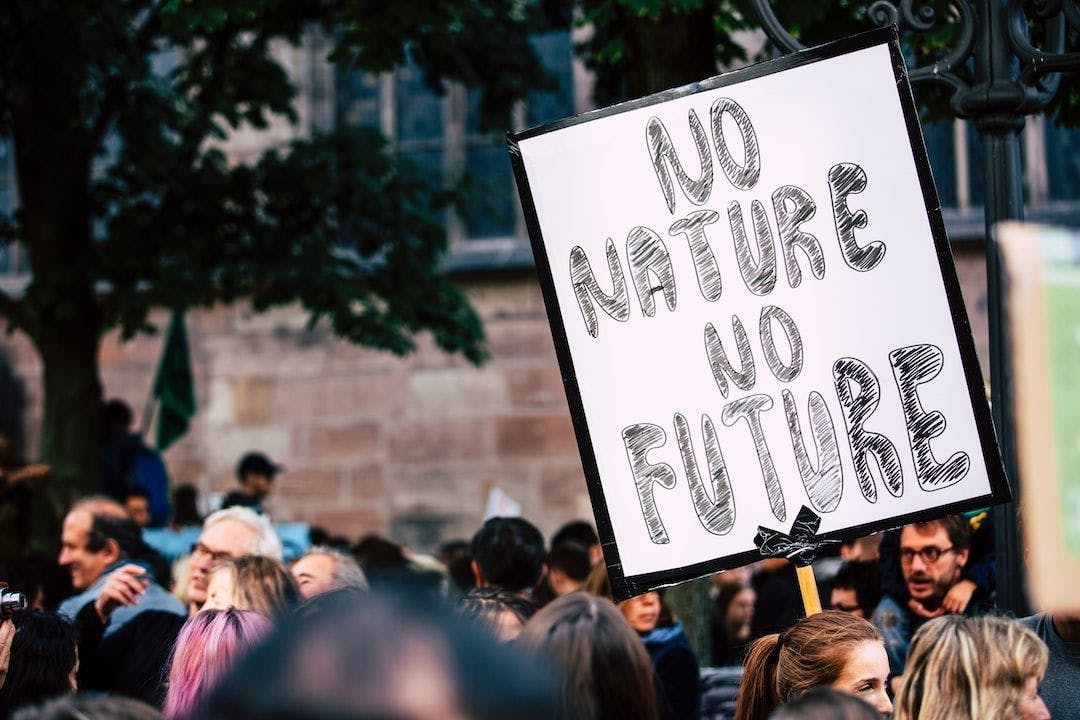498 reads
Creating a Climate Change MEME Generator
by
November 23rd, 2022
Audio Presented by

Data professional| "The Data Generalist" | Stats, ML/AI, Data, Investing, Crypto| Data Science Career Advisor
Story's Credibility

About Author
Data professional| "The Data Generalist" | Stats, ML/AI, Data, Investing, Crypto| Data Science Career Advisor
